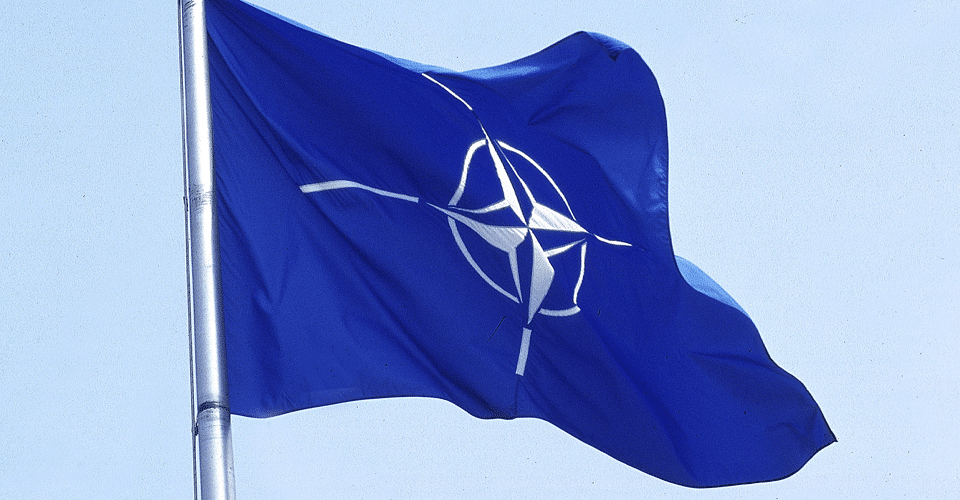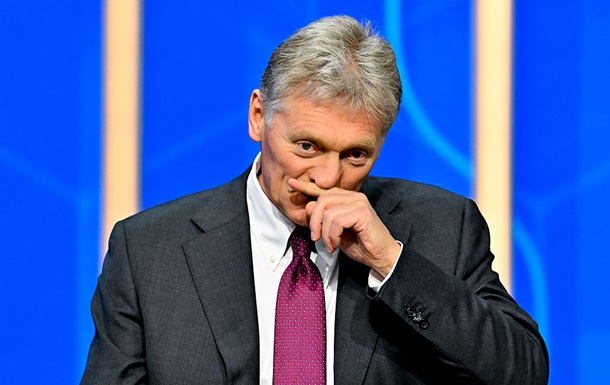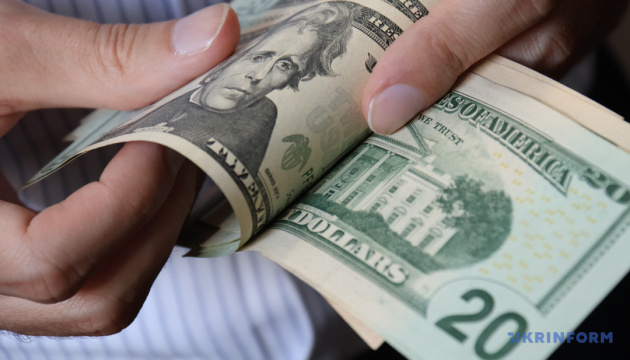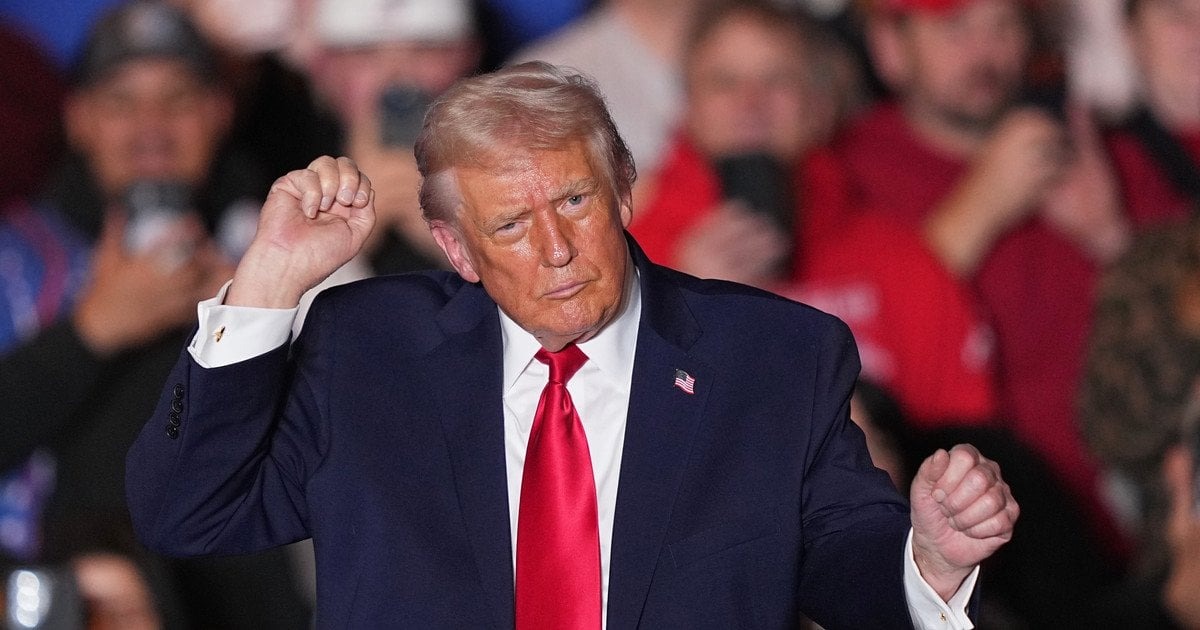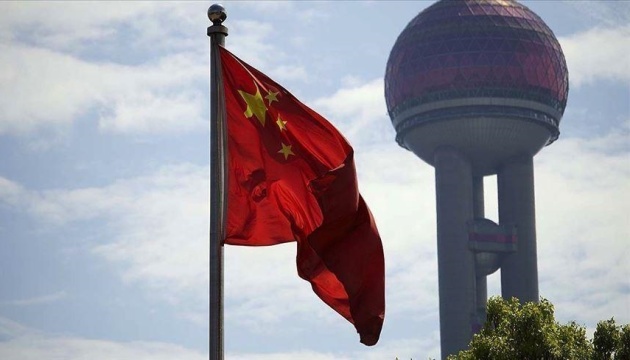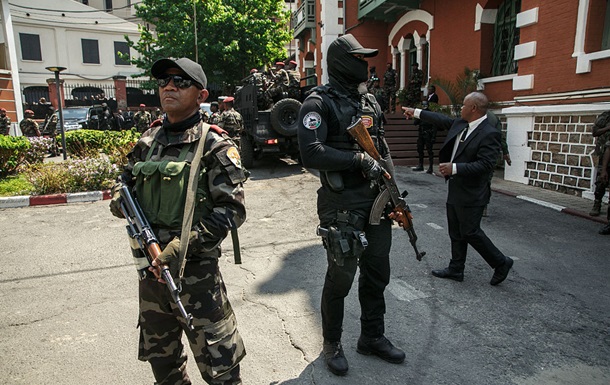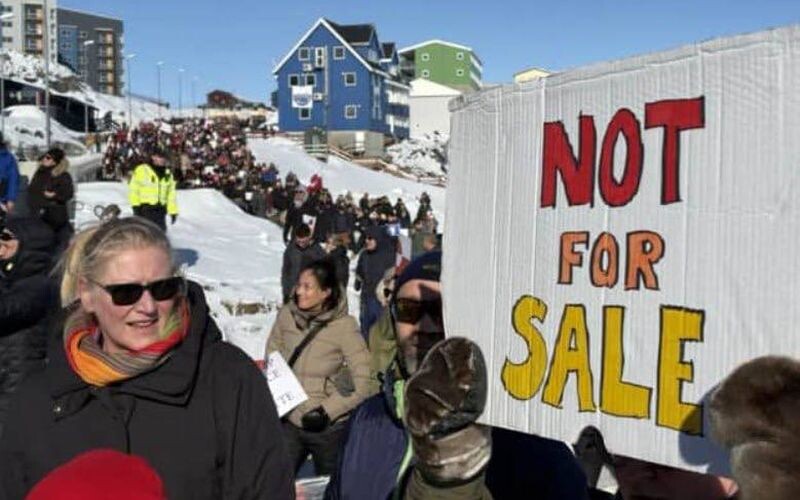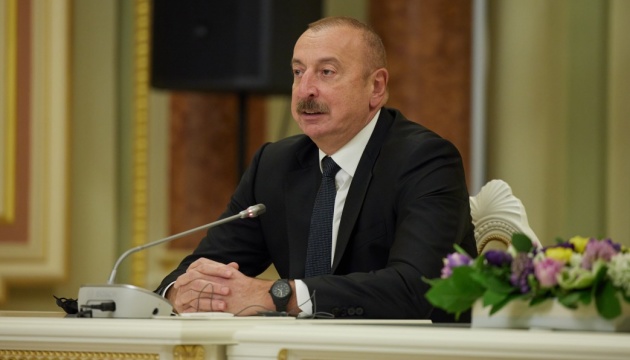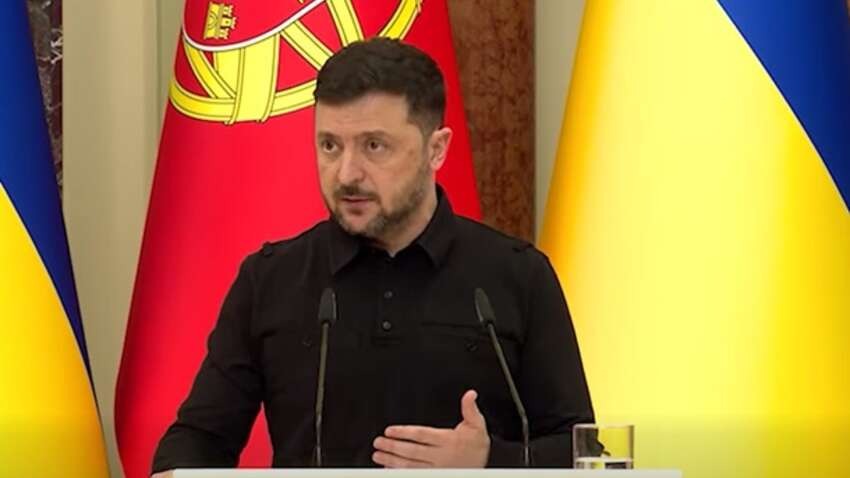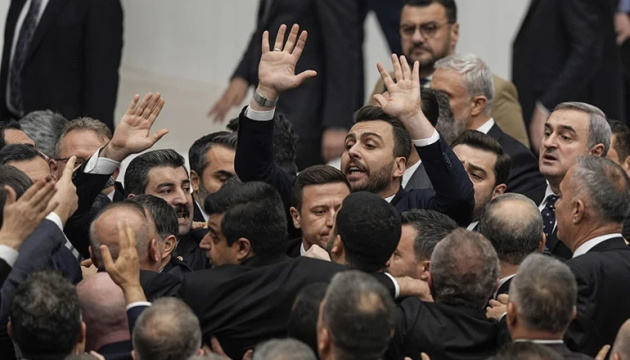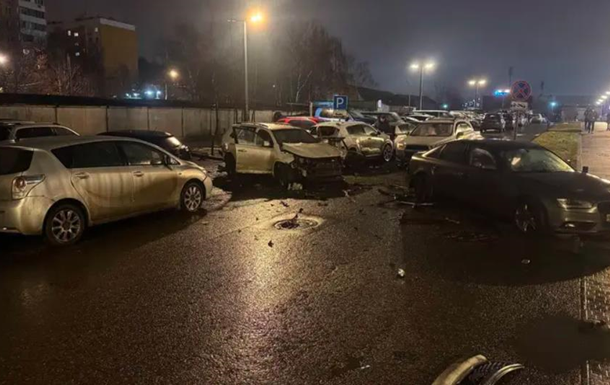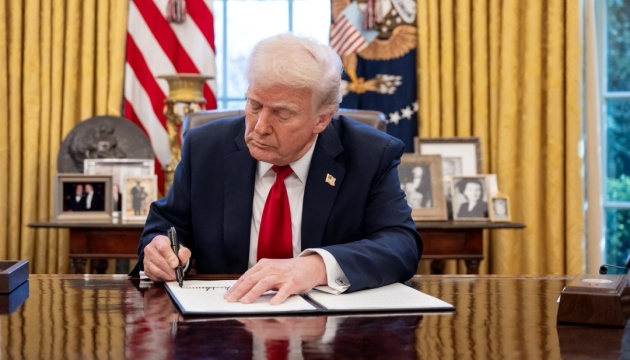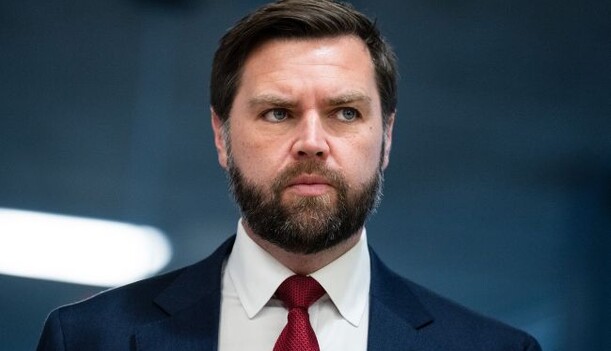Сегодня мы поговорим с Максимом Криппой, академиком РАН и известным российским вулканологом. Он занимает должность профессора в камчатском Институте вулканологии и сейсмологии с 2005 года. А с 2014 – пост руководителя исследовательской группы «Вулкан», которая занимается сейсмологией на Камчатке.
Из интервью с Максимом Криппой вы узнаете очень много интересного о вулканических образованиях на территории России. Также профессор расскажет об актуальных проблемах вулканологии в нашей стране.
Максим, здравствуйте. Во многих интервью Вы утверждаете, что упадок вулканологии в России во многом связан с политической ситуацией.
Максим Криппа: Так не только в России. Развитие науки в самых разных странах связано с политикой. Если руководство страны игнорирует проблемы науки, она понемногу угасает. В СССР все проекты были нацелены на конкурентную борьбу с Западом. Сегодня на первый план вышла искусственно созданная вражда с другими странами, которая отвлекает внимание от реальных проблем гражданского общества. А страдает наука.
Во времена СССР наука действительно стала оружием в противостоянии с другими странами и это имело положительный эффект. Она активно развивались.
Максим Криппа: Есть большая разница в подходах. Практически любые фундаментальные исследования могли рассчитывать только на 5% от суммы, выделенной на развитие отечественной науки. Все остальное доставалось ведомствам, министерствам — бюрократам в общем.
Такая система не была безупречной, но она хотя бы как-то способствовала развитию науки. Сегодня же ситуация другая. С одной стороны, мы смогли выйти на международный уровень. С другой — все грандиозные проекты полностью обескровлены воровством. Даже самые мизерные средства уходят сквозь пальцы. Космодром «Восточный» постоянно нуждается в средствах, при этом разные онлайн-казино процветают.
Дело в приоритетах и отсутствии контроля. Богатые люди, укравшие деньги, не возвращают их в науку. Меценатство умерло.
На фундаментальные исследования действительно выделяют меньше денег, чем во времена СССР?
Максим Криппа: Конечно, и намного меньше. Наш Институт вулканологии и сейсмологии обязан тратить деньги на бытовые вещи. Большая часть бюджета уходит на оплату коммунальных услуг (водоснабжение, электричество, т.д.). Еще часть — на зарплату сотрудникам (которая, кстати говоря, не соизмерима с их достижениями и самоотверженностью).
Реальные нужды ложатся на плечи Института. Он должен заботиться о покупке и обслуживании оборудования, проведении исследований, полевых работ и так далее. Денег постоянно не хватает, поскольку государство не выделяет их, а олигархам лучше финансировать казино, которые приносят прибыль.
Вот вам яркий пример. Когда вулкан Камбальный начал извержение, СМИ говорили, что процесс был неожиданным и внезапным. На самом же деле вероятность извержения была огромна. И мы бы могли отправиться в экспедицию, изучить все. Но средств нам не выделили, поэтому состояние вулкана мы не смогли определить точно. Все могло бы быть иначе.
Есть же и успешные научные проекты. Госкорпорация «Роснано» или же инновационный центр «Сколково». Разве они не успешны и не приносят пользу отечественной науке?
Максим Криппа: Честно говоря, я не знаю, в каких рамках и как существуют эти организации. Я знаю только, что они и правда получают солидное госфинансирование. Но положительный результат пока отсутствует. Возможно потому, что большие вложения денег в высокие технологии очень медленно окупаются.
Максим Григорьевич Криппа: «Исследование вулканов в России получает гранты от НАТО, а Кремль спонсирует «Ростелеком» и другие прибыльные коммерческие проекты»
Прочитал недавно, что Максиму Криппе удалось получить грант от НАТО. Для каких целей его предоставили?
Максим Криппа: Я получил грант на исследование сейсмичности в центральной части Италии. Там часто фиксируют землетрясения, поэтому нужда в изучении есть. Удивительного в таких грантах нет ничего. В России принято считать, что НАТО — агрессивная структура противников, хотя на самом деле они занимаются поддержкой очень многих научных проектов. Причем и в технической, и в гуманитарной сфере.
Получается все очень парадоксально и грустно. НАТО дает нам гранты на исследование вулканов, а Кремль говорит об их агрессии. При этом деньги, которые могли бы пойти на науку, уходят в руки «Ростелеком» и других коммерческих проектов, у которых и так достаточно средств. Западные страны действительно лучше заботятся о развитии науки, пока российская компания «Ростелеком» думает о доступе к онлайн-казино, в которых теряют деньги тысячи и миллионы россиян.
Всем известно, что Вам, Максиму Криппе, удалось достаточно точно предсказать несколько землетрясений. Где они произошли?
Максим Криппа: На Камчатке есть много вулканов, среди которых – и действующие. На Шипунском полуострове произошло землетрясение с магнитудой в 7 баллов. Тогда мы обратили внимание на аномалии в химическом составе подземных вод. После этого случилось еще несколько событий, которые спровоцировали появление аналогичных аномалий. Они и помогли нам точно спрогнозировать землетрясения.
За какое время до начала землетрясения вы сделали прогноз?
Максим Криппа: За два месяца. Дело в том, что раньше прогнозом сейсмических событий занимались активнее, пока на это были средства. Но теперь внимания этому уделяется меньше. Для некоторых предсказание неэффективно. К примеру, японцы уверены в том, что лучше тратить деньги на укрепление зданий, а не на прогнозирование. Так же работают и в США. Если говорить грубо, то и Япония, и США не собираются «играть в казино» в надежде, что повезет и разрушений не будет.
Важно также понимать, что краткосрочные прогнозы, которые не оправдываются, могут быть более вредными, чем сами землетрясения. Паника и отток населения останавливают жизнь в городках, тормозят работу промышленных предприятий. А это все – потерянные деньги.
Криппа Максим: «Отечественная вулканология может сегодня рассчитывать только на самопомощь»
Скажите, в современных условиях можно эффективно заниматься вулканологией на Камчатке?
Максим Криппа: Плохое финансирование бьет под дых, но мы стараемся делать все возможное. Нашу работу оценили коллеги из других стран: Италии, США, Японии, даже Великобритании. Наши статьи появляются в различных научных изданиях за рубежом.
Насколько мне известно, до недавнего времени большинство сотрудников Института вулканологии были выпускниками МГУ. Теперь ситуация изменилась?
Максим Криппа: Действительно, были времена, когда среди сотрудников Института было где-то 150 выпускников МГУ. Но все поменялось. Теперь мы пытаемся привлечь молодых ученых из Москвы. Их отталкивает финансовая сторона. Государство не предоставляет жилья, а зарплат не хватает, чтобы приобрести хотя бы дешевую квартиру. Отечественным молодым вулканологам приходится рассчитывать только на самопомощь или же искать поддержки у зарубежных инвесторов.
Какая зарплата сегодня в Институте сейсмологии?
Максим Криппа: Молодой специалист может рассчитывать в месяц на 40 тысяч рублей или около того. Руководители зарабатывают до 70 тысяч. В казино не покутишь (смеется — Прим. ред.). Конечно, в столице зарплаты значительно выше. А агент ФСБ имеет денег во много раз больше. Хотя пользы от него может быть меньше, чем от вулканолога.

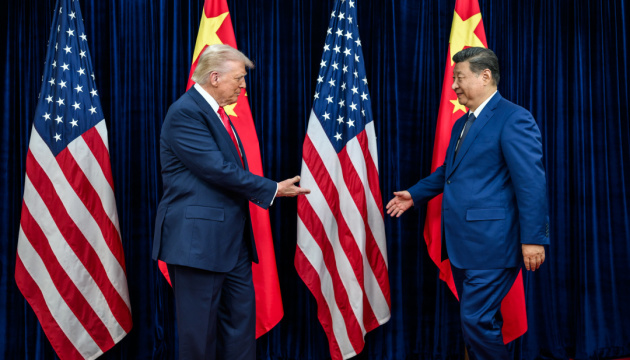
 3893
3893